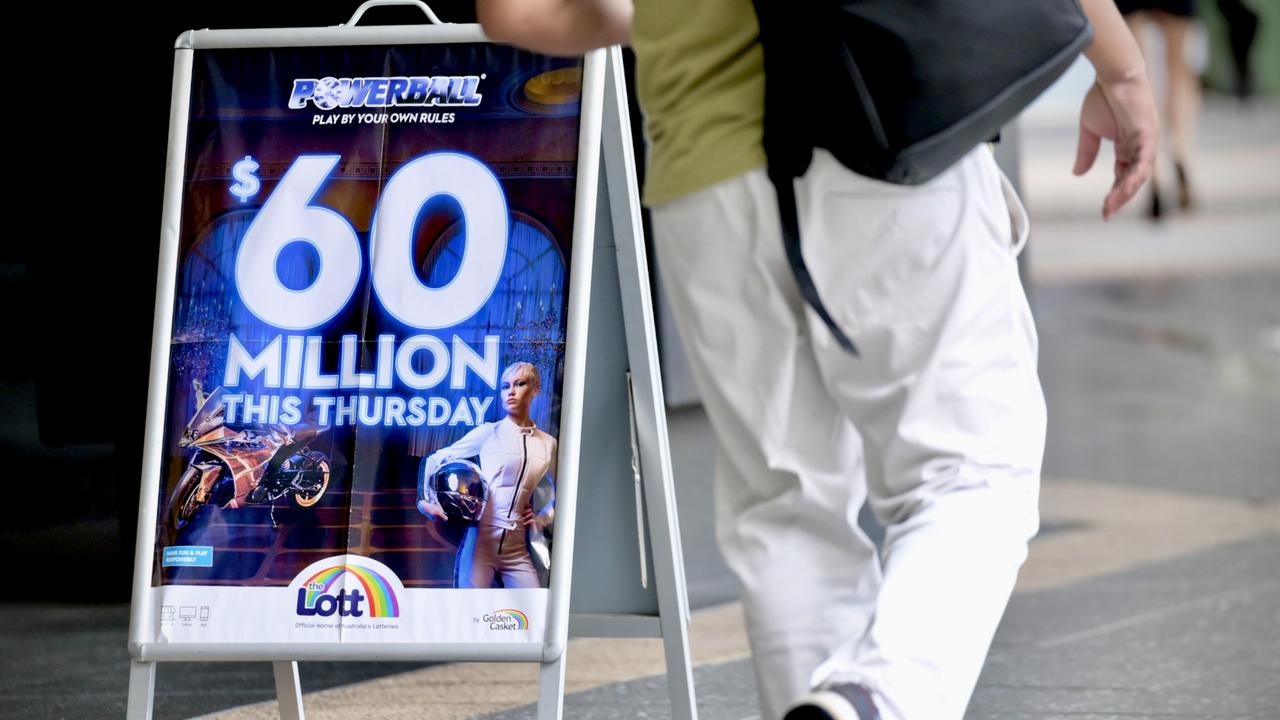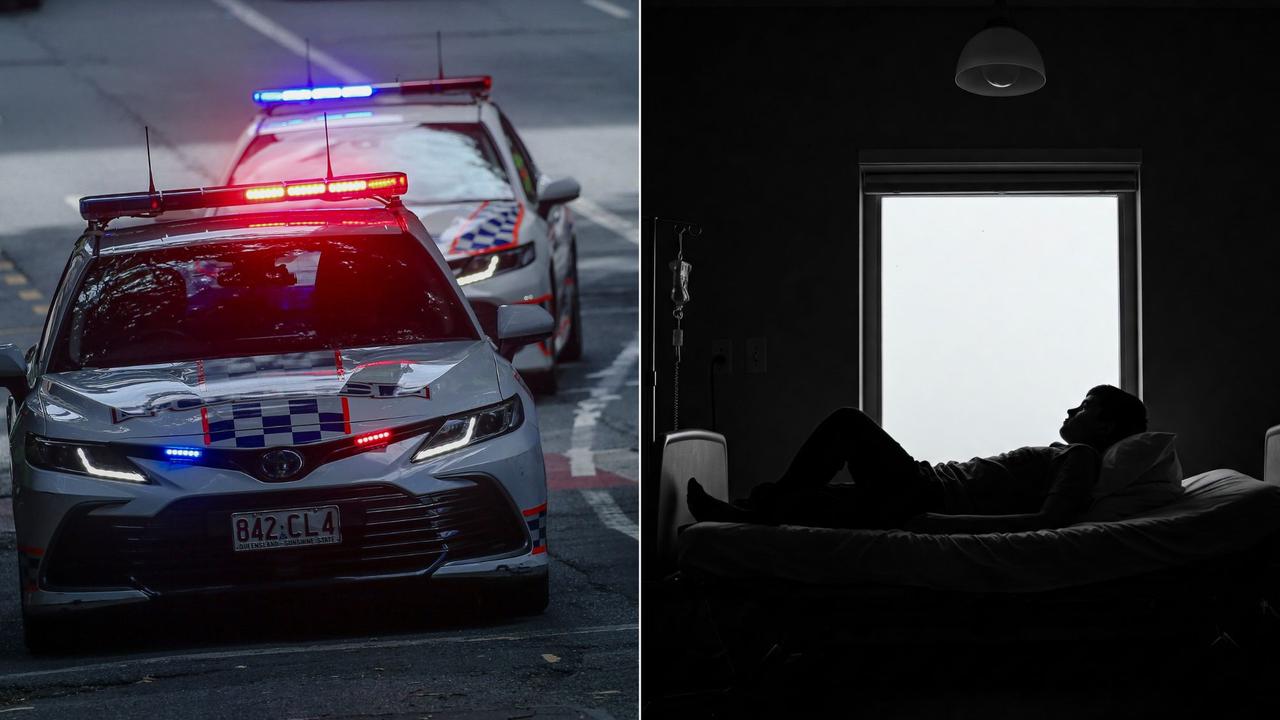Queensland crocodile farming industry brought to its knees
Queensland crocodile farms have been left with thousands of starving animals as the pandemic wipes the market and brings the industry to its knees.
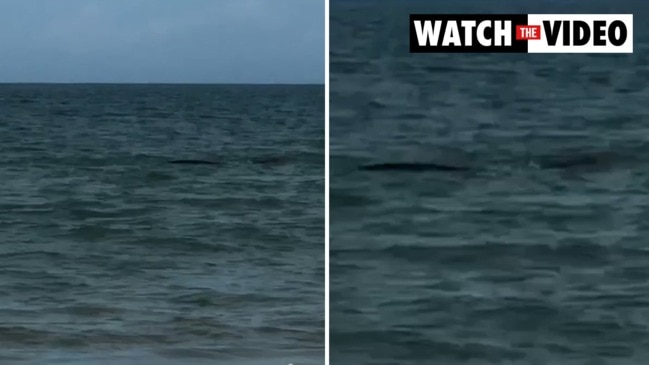
QLD News
Don't miss out on the headlines from QLD News. Followed categories will be added to My News.
The pandemic has brought crocodile farming industry in Queensland to its knees, a 40 year-old farm was faced with 2000 of their crocodiles starving while another basically lost their entire market.
Founder and owner of the oldest croc farm in Queensland Koorana Crocodile Farms, John Lever, was forced to make a plea to the public last year to save the animal he loves.
He offered donors a life membership, discounts on their products and a plaque to commemorate the donation, but said the love of the animal was the driving force.
They raised $30,000, about the price of one designer crocodile handbag and saved them, with the farm now looking after around 3,500.
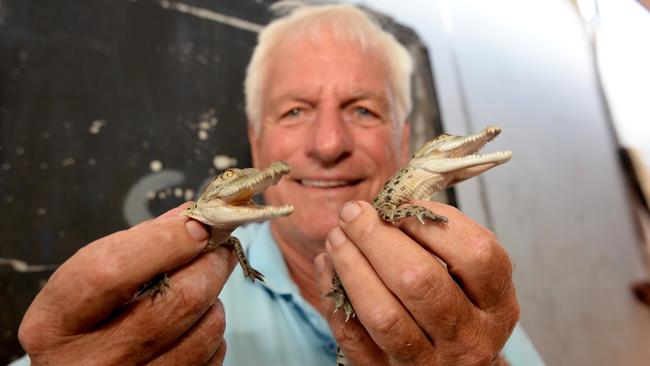
But not all of the farms were as lucky.
Due to pressures from the pandemic and a lack of demand brought on by to major fashion labels owning their own crocodile farms, Lever said many Queensland farms have closed or are up for sale.
“They just are not buying from us because they don’t need to … the competition is gone.”
“We’ve had a couple of tough times in the past, like disease issues, floods and droughts causing drops in tourist cash flow,” he said.
“We have always had issues but Covid-19 has just added that extra layer.”
The farm is trying to find new markets for their Crocodile products, but it is an expensive and is a long process so are shifting towards tourism, training and education programs.
Further north, up near Cairns, Hartley’s Crocodile Adventures were seeing huge demand in their Croctique handbags and other accessories from Europe, the United States and Victoria.
Co-owner Peter Freeman said that all disappeared when the pandemic hit.
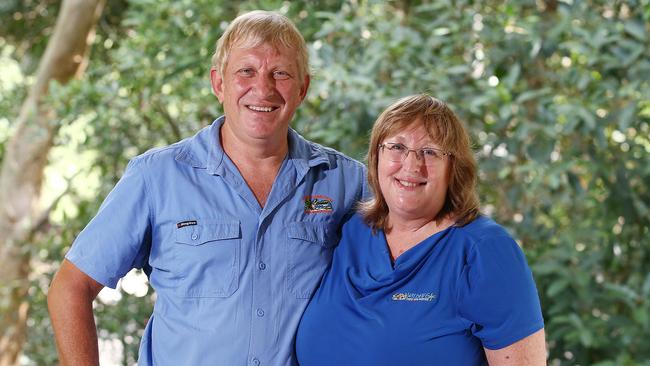
“It is one of those lifetime experiences, it’s tough but there are people out there and we have changed our business,” Mr Freeman said.
“Last year in that first lockdown we realised it was going to be a long recovery.”
But when things were looking bleak, they received an invitation by the Queensland Government to show off their original products at the World Expo in Dubai this month.
“The big brands get hung up on perfection, ours skins might have a spot or a scratch but it proves it is an animal that has lived a life.”
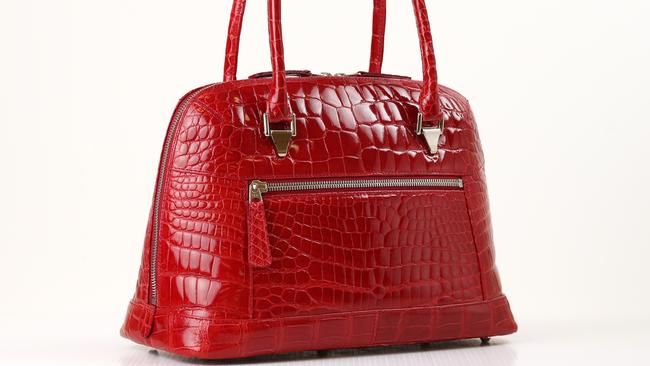
The products take around 12 months to make, with the raw skin sent to Japan where it is tanned, coloured, finished and then sent back to Australia to be sold.
“If you want something that is natural you will always get imperfections, every skin is unique.”
“We are just holding our breath at the moment it’s a big gamble and we hope it pays off.”
Both are approved and licensed crocodile farms which follow stringent state and federal government codes and legislation.

